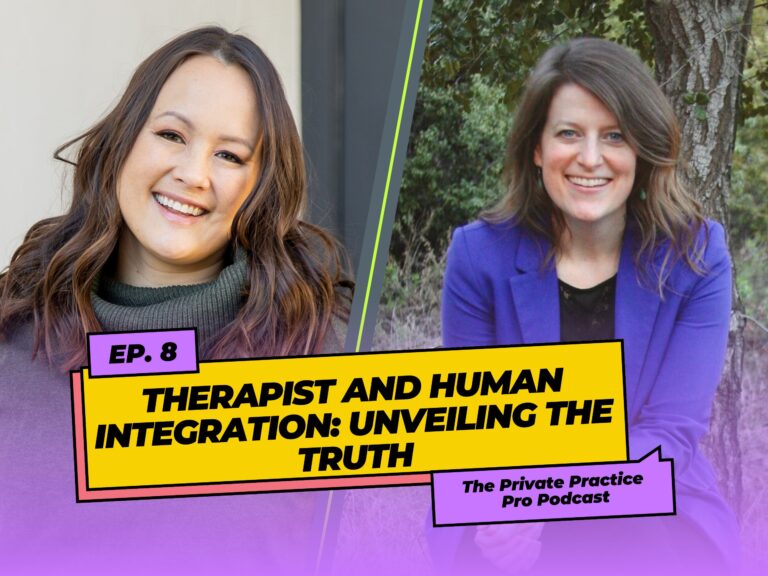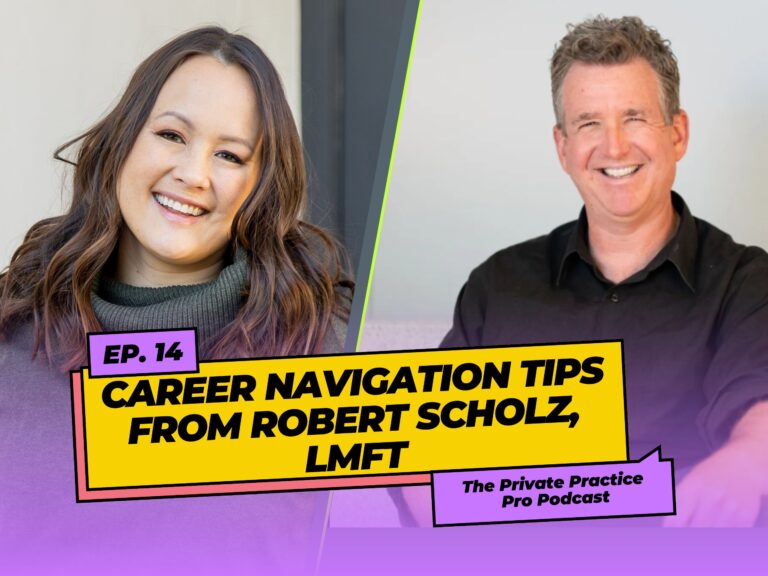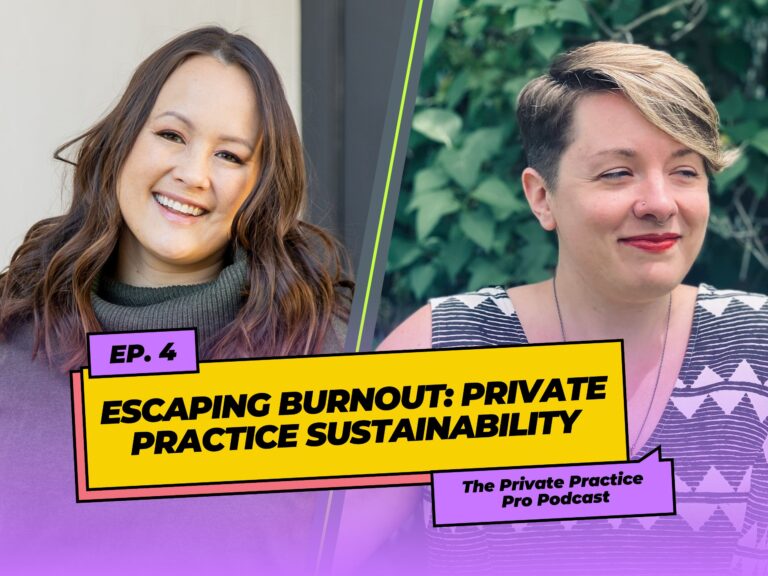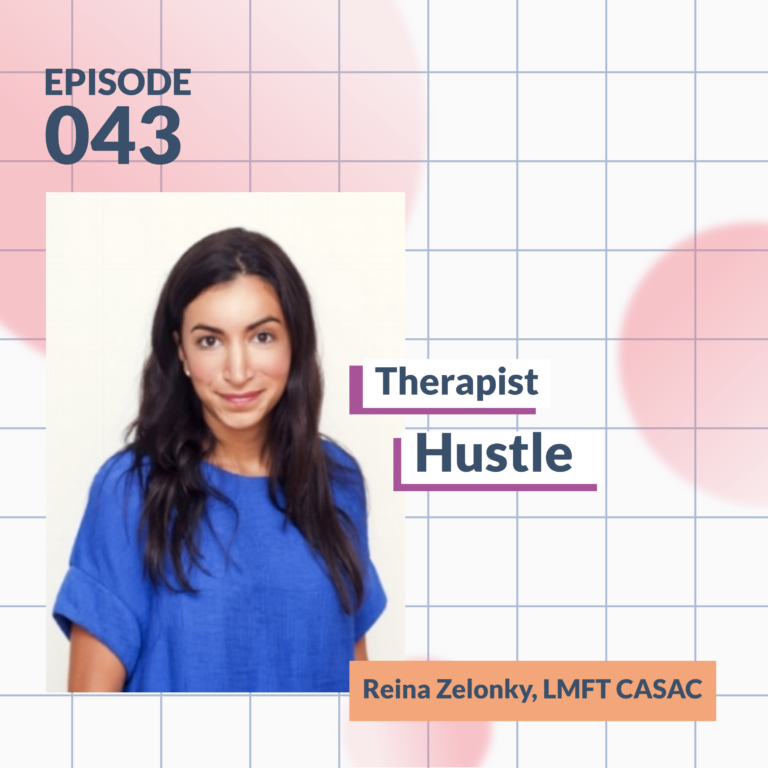Generational Healing: How a Mother-Daughter Therapy Team is Breaking Barriers in Addiction Recovery
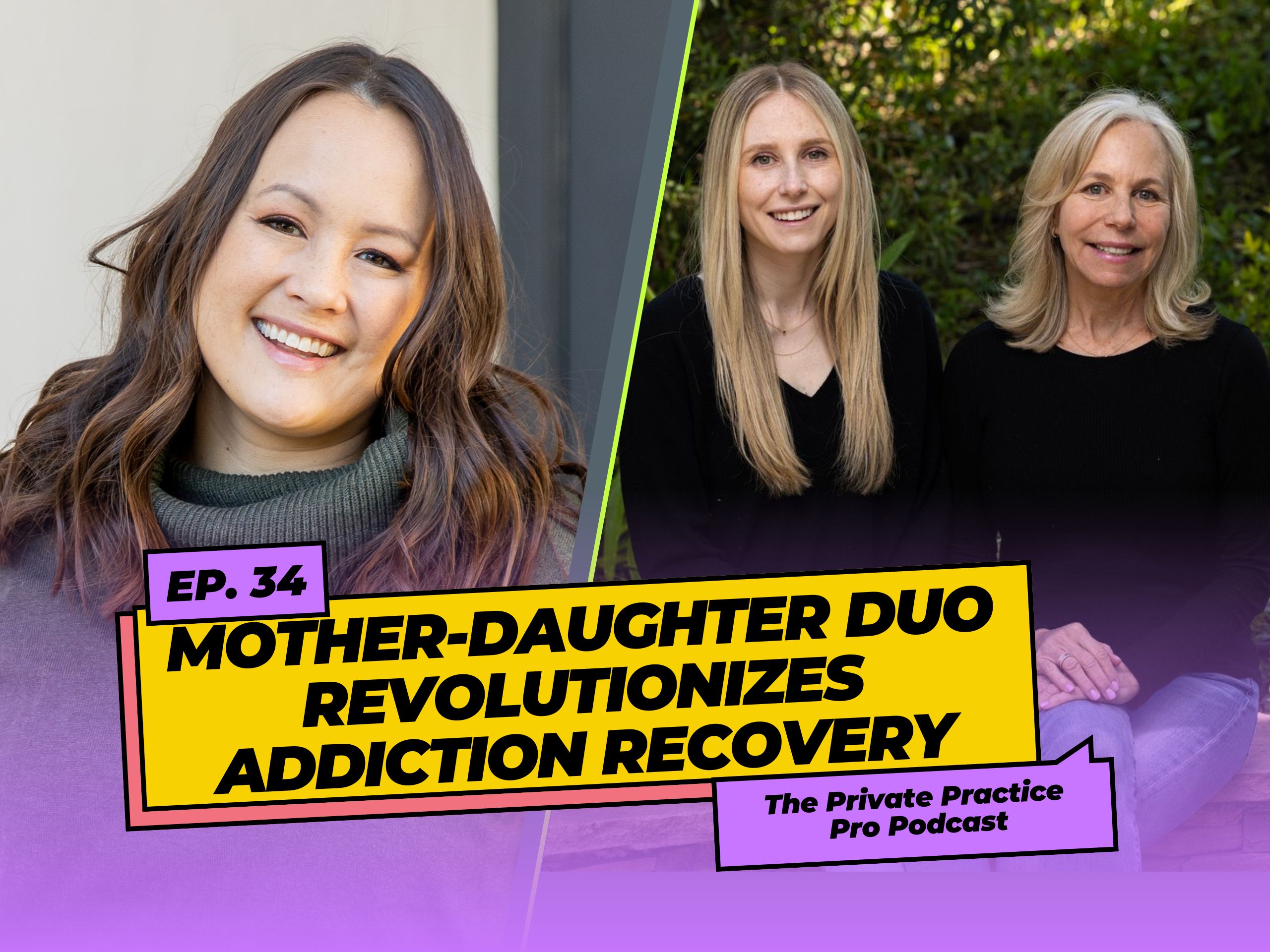
Join me as I sit down with the inspiring mother-daughter duo, Kimberly and Lyle Wick, who share profound insights on supporting individuals and families impacted by addiction. Their expertise reveals the deep ripple effects of generational trauma and the powerful journey toward generational healing for future generations
This episode of The Private Practice Pro opens the door to a world where honesty, support, and growth intertwine, transforming lives along the way.
Join me as I sit down with the inspiring mother-daughter duo, Kimberly and Lyle Wick, who share profound insights on supporting individuals and families impacted by addiction. Their expertise reveals the deep ripple effects of generational trauma and the powerful journey toward generational healing for future generations.
Kimberly is a Licensed Marriage and Family Therapist. She has a Master of Art degree in Clinical Psychology and an MBA. She’s a former adjunct faculty member at Pepperdine University in the Graduate School of Psychology.
Lyle is a Licensed Marriage and Family Therapist and a Licensed Advanced Alcohol and Drug Counselor. She is co-owner of Bridge the Gap, a therapeutic mentoring company, and has worked extensively with treatment centers.
Website: kimberlyandlyle.com
Instagram: @kimberlyandlyle
Email: [email protected]
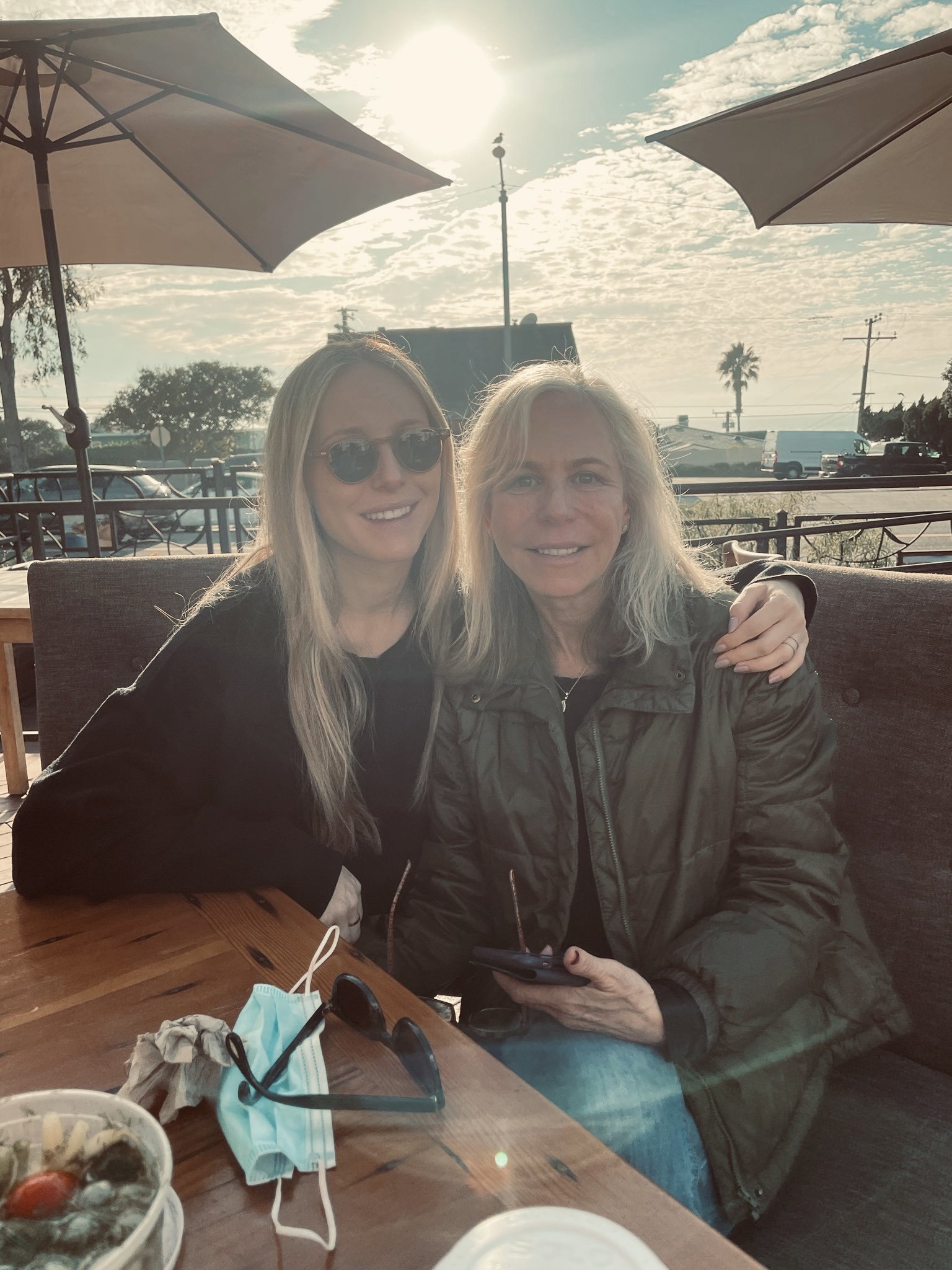
Kimberly is a Licensed Marriage and Family Therapist. She has a Master of Art degree in Clinical Psychology and an MBA. She’s a former adjunct faculty member at Pepperdine University in the Graduate School of Psychology.
Lyle is a Licensed Marriage and Family Therapist and a Licensed Advanced Alcohol and Drug Counselor. She is co-owner of Bridge the Gap, a therapeutic mentoring company, and has worked extensively with treatment centers.
Website: kimberlyandlyle.com
Instagram: @kimberlyandlyle
Email: [email protected]

Understanding Generational Trauma and Its Impact
Generational trauma is the transmission of trauma symptoms, emotional scars, and dysfunctional behaviors across multiple generations. This intergenerational transmission of trauma often stems from childhood trauma, historical trauma, abuse, violence in the home, and other traumatic events. These events can alter the HPA axis—the body’s stress response system. Consequently, such adverse experiences may affect the DNA and mental health of descendants. As a result, they often experience anxiety, depression, PTSD, and other symptoms.
Kimberly, a Licensed Marriage and Family Therapist with a background in clinical psychology and business, and her daughter Lyle, also a Licensed Marriage and Family Therapist and Licensed Advanced Alcohol and Drug Counselor, combine clinical knowledge with lived experience. In particular, Lyle’s story as an adult child of addiction deepens their understanding. They see how trauma can permeate family systems, fostering dysfunction, bitterness, and fear. These factors impact the emotional and physical health of individuals.
The Role of Therapeutic Mentorship and Healing
Their work highlights the importance of therapeutic mentorship in breaking cycles of trauma and addiction. Moreover, by embracing vulnerability, therapists and mentors can help clients process emotions such as pain, stress, and fear. At the same time, they build resilience. Techniques like breathwork and trauma-informed therapy help regulate the HPA axis. Consequently, these approaches ease symptoms of dissociation and anxiety caused by trauma.
The Wicks emphasize that healing is not just about individual change. Instead, it involves transforming the emotional and behavioral patterns passed down through ancestors. Addressing transgenerational trauma helps families disrupt the ripple effect of trauma. In turn, forgiveness and emotional restoration can flourish. Generational Healing
Breaking the Silence: Sharing Personal Stories to Reduce Shame
In the video, Kimberly and Lyle discuss their groundbreaking project of co-authoring a book. This act challenges the traditional notion in therapy where therapists often avoid sharing personal struggles. By openly discussing their journeys with addiction and recovery, they model transparency. This openness can diminish shame and empower others to confront their own traumas.
Such courageous sharing provides hope for those battling emotional scars left by trauma and addiction. It also reinforces that healing involves understanding the biological, psychological, and social impacts of trauma. Thus, it highlights the intricate link between the mind, body, and environment.
Supporting Therapists and Building Resilience in Practice
For therapists and practitioners, Kimberly and Lyle offer valuable advice on networking, patience, and persistence in building a therapeutic practice that serves trauma survivors effectively. They stress that understanding psychological theories about trauma and recovery is essential. This knowledge helps create compassionate and evidence-based interventions.
Their work through Bridge the Gap—a therapeutic mentoring company—underscores the need for specialized support addressing trauma’s complex effects on mental health. By providing counseling tailored to those affected by addiction and trauma, therapists can foster resilience, promote emotional health, and improve long-term outcomes for patients and families.
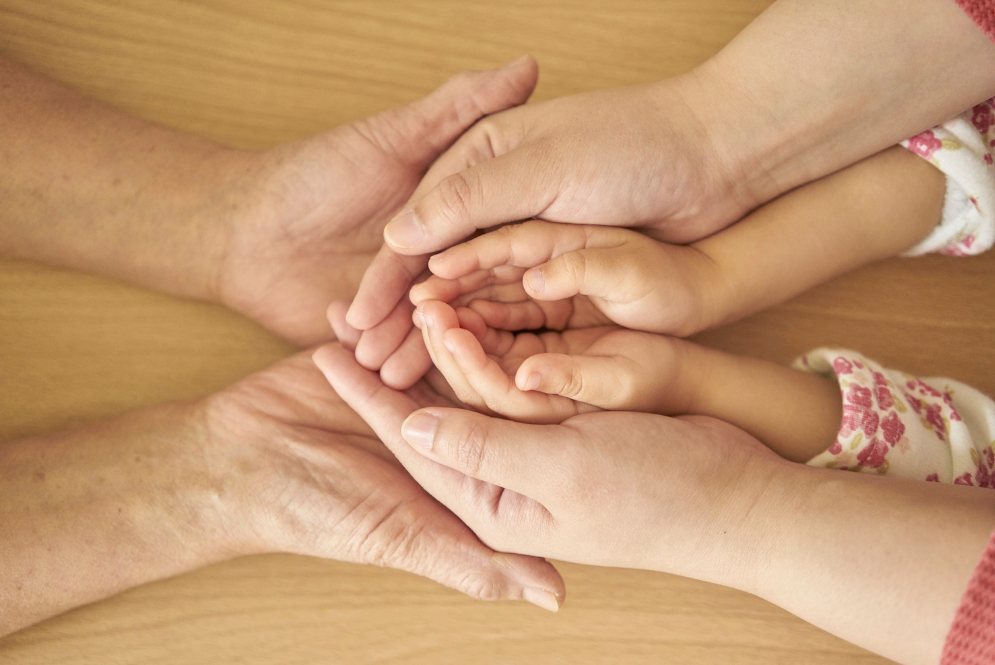
Healing for Today and Tomorrow
The insights from Kimberly and Lyle Wick remind us that healing from trauma—whether historical, childhood, or other traumatic events—requires an integrated approach. It means acknowledging the past, addressing present-day symptoms like stress, depression, and anxiety, and preventing the transmission of trauma to future generations.
By combining personal experience with clinical expertise, this mother-daughter team offers hope and guidance. They support therapists and families navigating the difficult path of recovery. Ultimately, their story invites us all to confront trauma with courage, compassion, and a commitment to generational healing.

